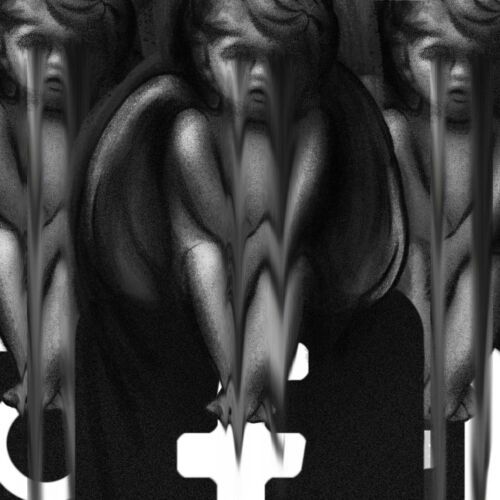The Internet versus the mental health of children and adolescents
According to the English National Health Service data, referrals for psychiatric treatment for people under 18 increased by 39% between 2021 and 2022. Figures from across England include children who have suicidal thoughts, self-harm tendencies, suffer from major depression or anxiety, or struggle with an eating disorder.
According to the results of a survey conducted by the stem4 organisation, social media cause stress, anxiety and depression in almost 70% of children aged 12. Three in four 12-year-olds dislike their bodies and are ashamed of their appearance, similar to eight in ten young people between the ages of 18 and 21. Almost half of the children and young people surveyed between the ages of 12 and 21 say that they have withdrawn, started exercising excessively, stopped socialising altogether or self-harmed because they are regularly bullied or trolled online about their physical appearance. At the same time, 95% of respondents feel helpless to stop their online browsing habits.
According to researchers at the University of North Carolina at Chapel Hill, “in adolescents who regularly check their social media, the brain changes and becomes more sensitive to social feedback over time”. In the fMRI study, patients particularly attached to social media platforms showed greater neural sensitivity in parts of the brain, such as the amygdala. It is unclear whether the neural changes caused behavioural changes, such as increased anxiety or addictive behaviours.























